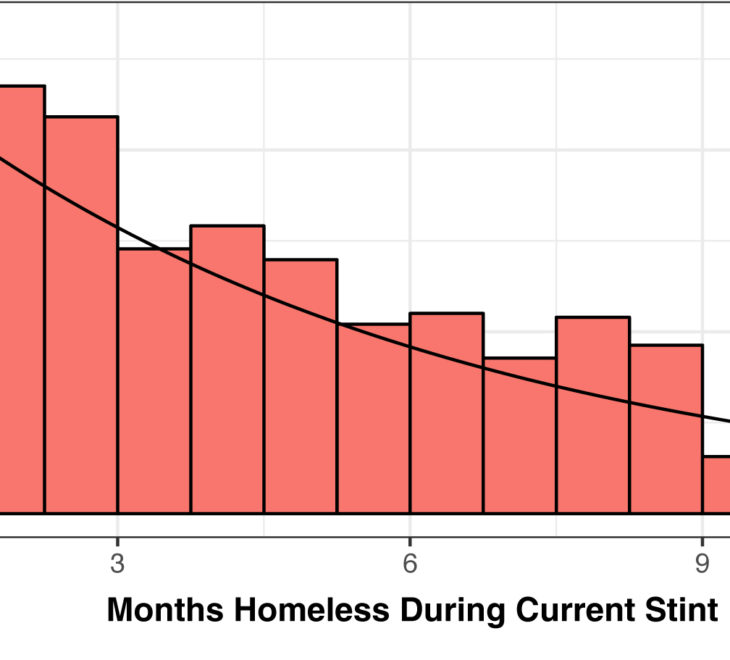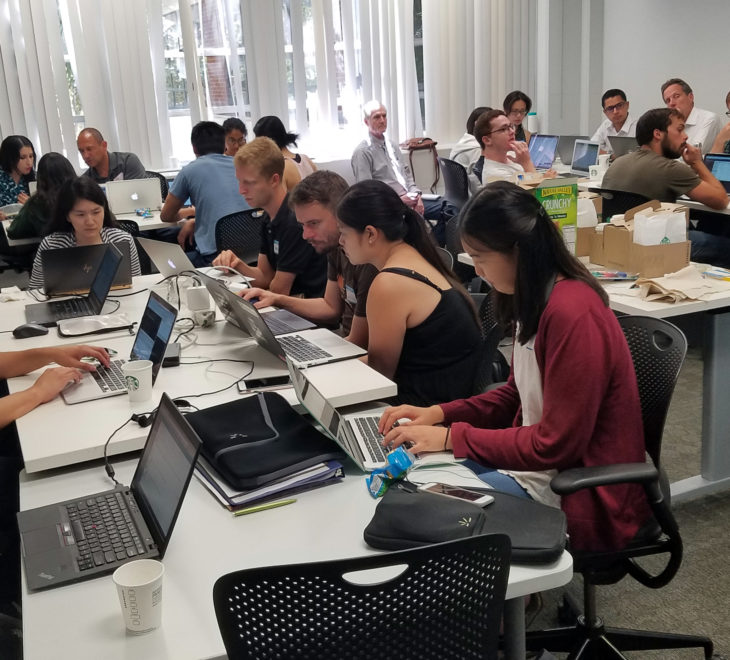Economy
Communities that have come of age are able to make decisions that shape their economies to provide sustaining employment for the workforce. The survival of a city depends on:*
- People who are willing to live and work together
- A reasonably healthy economy
- Effectively organized government
The minimum requirement for effective action to strengthen the economy is an understanding of strengths, opportunities and risks. Industry conditions change continuously, so to act in their own economic self-interest, communities must understand the industry structure of the local economy, determine which industries strengthen the public balance sheet and the well-being of workers, and be alert to changing industry conditions.
Jobs provide income, social validation and social inclusion. Unemployment and poverty cause lasting harm to the social fabric and human capital of communities. This harm includes increased public dependency, diminished health and well-being, unfulfilled educational potential, unused productive potential, social isolation, substance abuse and addiction, family destabilization and disintegration, inadequately nurtured children, child welfare emergencies, mental health emergencies, criminal incarceration, and homelessness. Safeguarding people from this kind of catastrophic damage is at the heart of the trust that binds society together.
The resources of local government are not large enough to control the economy; the challenge is to achieve a discernible and constructive impact. The problem is big, the tools are small, information is fragmentary and continuously changing, and even with very good work there is usually a long wait before results are apparent.
The most important tools of local government for shaping the economy are indirect but potentially powerful. Local government’s authority over land use, infrastructure investments, education, and worker compensation can have a powerful long-term influence in shaping the largest components of the economy. It is realistic to expect that thoughtful strategies can provide slight but consistent nudges toward retaining and expanding industries that strengthen the economy and provide sustaining employment for residents.
The Economic Roundtable produces information to inform public strategies for supporting economic growth and providing sustaining employment for workers. This includes analyzing industries, regional economies, labor forces, and labor market outcomes including wages and employment levels.
*Quoted from the Museum of London.















